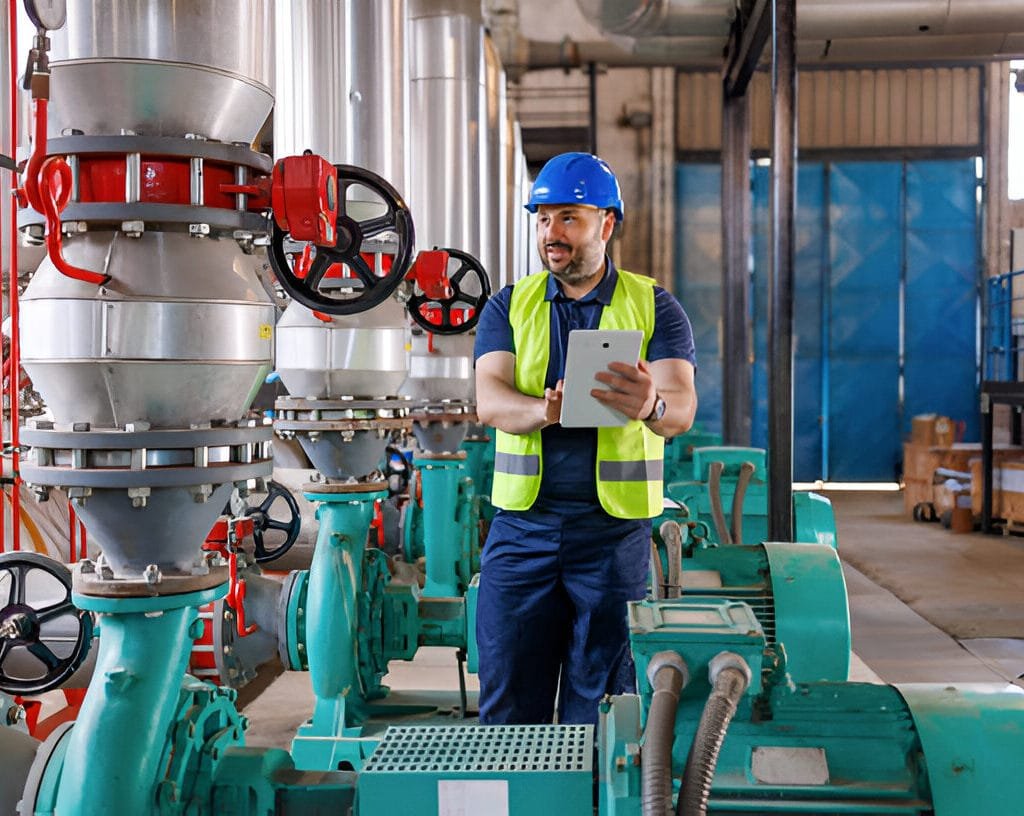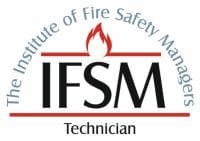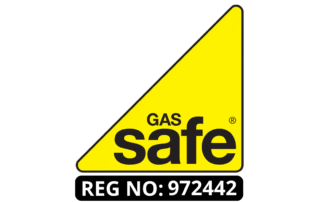
A Commercial Gas Safety Certificate is a critical document for businesses utilizing gas installations. It confirms compliance with Commercial Safety regulations after a qualified engineer conducts a thorough inspection. This certificate not only addresses potential hazards but also fulfills legal obligations. Understanding its importance can greatly impact a business’s safety and operational efficiency. However, the implications of neglecting this requirement can be severe, prompting further exploration into its necessity and the processes involved.
Table of Contents
Key Takeaways
- A Commercial Gas Safety Certificate verifies that gas installations meet safety regulations and standards.
- It is required by law under the Gas Safety (Installation and Use) Regulations 1998 for commercial properties.
- Regular inspections by qualified gas engineers ensure operational efficiency and minimize risks of gas leaks.
- Not having a valid certificate can result in hefty fines, legal issues, and insurance complications.
- Maintaining this certificate fosters trust with clients and stakeholders by demonstrating commitment to safety.
Understanding the Commercial Gas Safety Certificate
Understanding the Commercial Gas Safety Certificate is vital for businesses that rely on gas appliances and equipment. This certificate serves as a verification that all gas installations, including appliances and fittings, comply with safety regulations.
It guarantees that these systems have undergone rigorous inspection and testing by a qualified gas engineer, who assures their safe operation. A valid certificate not only minimizes the risk of gas leaks and associated hazards but also enhances operational efficiency.
Additionally, it is an important component in maintaining trust with clients and regulatory bodies. For businesses, obtaining this certificate is not merely a legal obligation; it is a commitment to safety and excellence in service delivery, thereby safeguarding both personnel and property within commercial environments.
Legal Requirements for Gas Safety in Commercial Properties
Guaranteeing compliance with legal requirements for gas safety in Commercial Safety properties is essential for business operations and public safety.
Regulations such as the Gas Safety (Installation and Use) Regulations 1998 mandate that gas appliances are maintained and inspected regularly by qualified professionals. Commercial property owners must guarantee that all installations comply with industry standards, including proper ventilation and safety measures to mitigate risks.
Additionally, businesses are required to keep thorough records of safety checks and maintenance, demonstrating adherence to legal obligations. Failure to comply can result in significant penalties, including fines and legal action, as well as endangering the safety of employees and the public.
Consequently, understanding and fulfilling these legal requirements is paramount for commercial entities.
The Process of Obtaining a Commercial Gas Safety Certificate
Although obtaining a Commercial Gas Safety Certificate may seem straightforward, it involves a series of critical steps that must be meticulously followed to secure compliance and safety.
Initially, a qualified gas engineer must conduct a thorough assessment of the premises, examining all gas appliances and installations for adherence to safety regulations.

Following the inspection, any identified issues must be rectified to meet required standards.
Once the premises pass the evaluation, the engineer issues the certificate, which is valid for 12 months.
It is essential for businesses to maintain records of this process, as they may be required to present the certificate during inspections or audits.
Strict adherence to these procedures secures the safety of both employees and customers within the commercial space.
Importance of Regular Gas Safety Inspections
Regular Commercial Safety inspections are essential for maintaining a safe working environment in commercial settings, as they help identify potential hazards before they escalate into serious issues.
These inspections not only guarantee compliance with legal standards but also foster trust among employees and clients.
Key reasons for conducting regular gas safety inspections include:
- Risk Mitigation: Early detection of gas leaks or faulty equipment prevents accidents.
- Regulatory Compliance: Adherence to safety regulations minimizes legal risks.
- Operational Efficiency: Well-maintained systems operate more effectively, reducing downtime.
- Cost Savings: Preventative measures lower the likelihood of expensive repairs and liability claims.
Consequences of Not Having a Valid Certificate
Failure to maintain a valid commercial gas safety certificate can lead to severe consequences for businesses.
Regulatory authorities may impose substantial fines, which can greatly impact financial stability. In addition, the absence of a valid certificate exposes organizations to increased liability risks; in the event of an incident, businesses may face lawsuits or claims for damages.
Additionally, insurance coverage may be rendered void, complicating recovery from potential losses. Operational disruptions may occur if authorities mandate a shutdown until compliance is achieved.
Ultimately, neglecting this certification undermines trust with clients and stakeholders, damaging reputational integrity. For businesses aiming to thrive, understanding the ramifications of non-compliance is essential to foster a safe and legally sound operational environment.
Benefits of Compliance Beyond Legal Obligations
Compliance with commercial gas safety regulations offers numerous advantages that extend well beyond mere legal obligations.
Businesses that prioritize safety foster a culture of responsibility and trust, enhancing their reputation within the industry. Additionally, compliance can lead to significant cost savings through:
- Reduced Insurance Premiums: Insurers often provide lower rates for compliant businesses.
- Minimized Risk of Accidents: Adherence to safety practices decreases the likelihood of gas-related incidents.
- Increased Operational Efficiency: Regular maintenance and checks can enhance system performance.
- Employee Morale Improvement: A safe working environment boosts staff confidence and job satisfaction.
Embracing compliance not only fulfills legal requirements but also cultivates a proactive approach to safety and operational excellence.
How to Choose a Qualified Gas Safety Engineer
When selecting a qualified Commercial Safety engineer, it is essential to evaluate their credentials and experience to guarantee safety and reliability.
Prospective clients should seek engineers who possess the necessary certifications, such as Commercial Safety Registration, which signifies compliance with safety standards.

It is also important to assess their practical experience in commercial settings, as this indicates a familiarity with the specific equipment and regulations that govern such installations.
Additionally, clients should consider customer testimonials and reviews, which can provide insight into the engineer’s professionalism and quality of work.
Finally, obtaining multiple quotes can facilitate a comparative analysis of services offered, ensuring that the chosen engineer not only meets qualifications but also offers value for the investment.
Frequently Asked Questions
How Often Should I Renew My Commercial Gas Safety Certificate?
The renewal of a Commercial Safety certificate is typically required annually. Regular inspections guarantee compliance with safety regulations and help maintain a safe environment for employees and customers, ultimately safeguarding the business’s reputation and operational integrity.
Can I Perform Gas Safety Checks Myself?
Gas safety checks require specialized knowledge and training. While some may attempt self-checks, it is essential to understand that professional inspections guarantee compliance with safety regulations, ultimately safeguarding individuals and property from potential hazards associated with gas systems.
What Happens During a Gas Safety Inspection?
During a gas safety inspection, qualified professionals assess appliances, check for leaks, guarantee proper ventilation, and test safety devices. They meticulously document findings, guaranteeing compliance with regulations and promoting safety within commercial environments for future reference.
Are There Different Certificates for Different Types of Gas Appliances?
Different certificates exist for various gas appliances, each tailored to specific requirements and regulations. These certifications guarantee that appliances are safely installed, maintained, and operated, thereby minimizing risks associated with gas usage in commercial settings.
What Documents Do I Need for the Inspection?
For the inspection, one typically requires proof of previous inspections, records of gas appliances, maintenance logs, and identification of the qualified gas engineer. Proper documentation guarantees compliance and facilitates a thorough assessment of safety standards.
Conclusion
In conclusion, a Commercial Gas Safety Certificate is crucial for ensuring the Commercial Safety and compliance of gas installations in commercial properties. Regular inspections not only mitigate risks but also fulfill legal requirements and enhance operational efficiency. Businesses that prioritize obtaining and maintaining this certificate demonstrate a commitment to safety and reliability, fostering trust with clients and regulatory bodies. Ultimately, investing in gas safety is essential for safeguarding assets and promoting a secure working environment.








